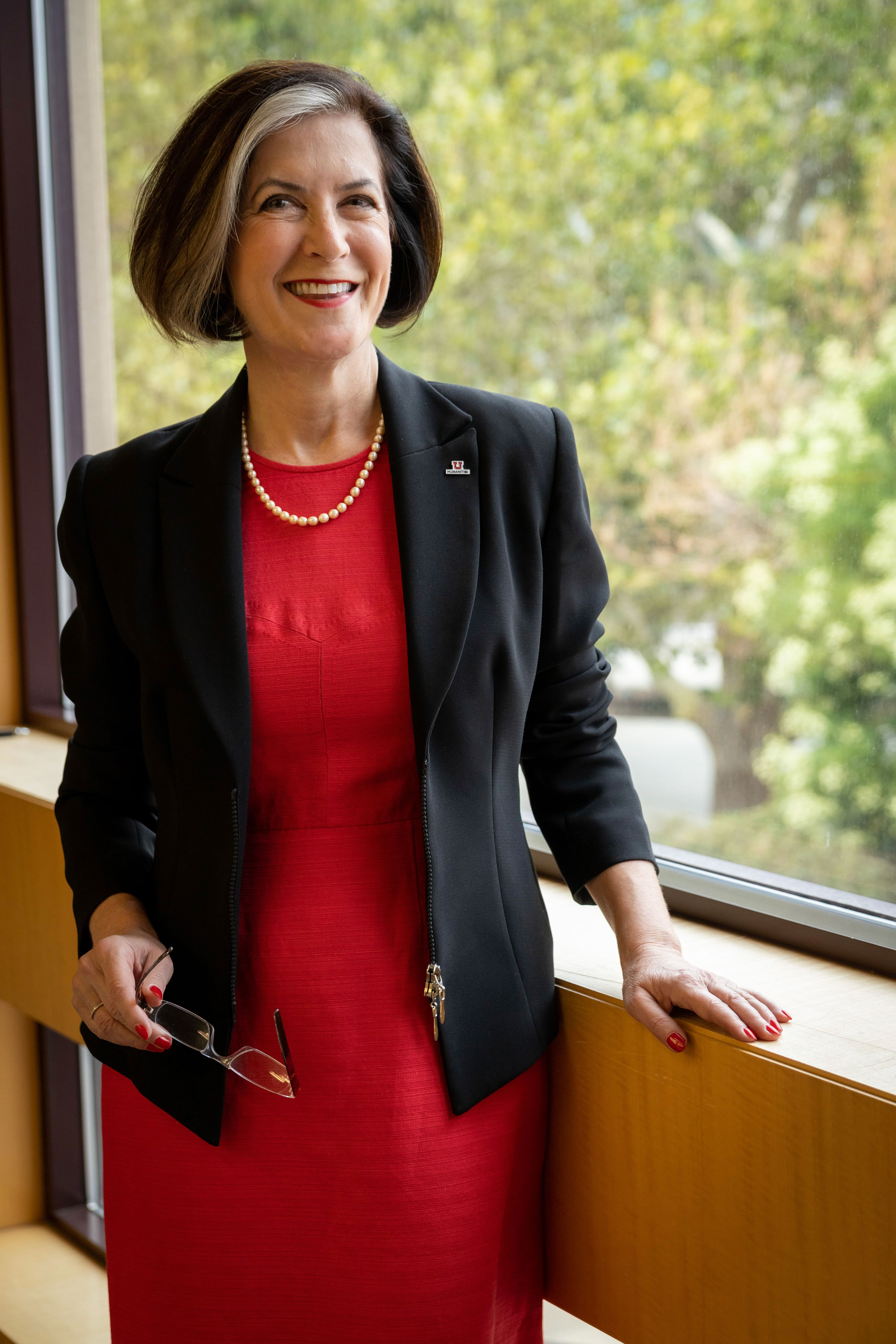Suggestions
Hollis Robbins
Dean, College of Humanities, University of Utah
Hollis Robbins is the Dean of the College of Humanities at the University of Utah, a position she has held since July 1, 2022. Before her appointment at Utah, she served as the Dean of the School of Arts and Humanities at Sonoma State University, where she was instrumental in establishing new academic programs and securing significant funding for scholarships and initiatives.12
Academic Background and Career
Robbins earned her Bachelor of Arts degree from Johns Hopkins University in 1983, followed by a Master of Public Policy from Harvard University in 1990. She later obtained a Master of Arts in English from the University of Colorado Boulder in 1998 and a Ph.D. in English from Princeton University in 2003. Her doctoral dissertation focused on literary representations of bureaucracy in 19th-century literature.23
Throughout her career, Robbins has held various academic positions, including chair of the Department of Humanities at the Peabody Institute of Johns Hopkins University and director of the Center for Africana Studies at the same institution. She has also been involved in significant scholarly projects, such as the Black Periodical Literature Project at Harvard.123
Scholarly Contributions
Robbins is recognized for her scholarship in 19th-century American and African American literature, film, and poetry. Her notable works include Forms of Contention: Influence and the African American Sonnet Tradition (2020) and the co-edited volume Portable Nineteenth Century African American Women Writers (2017), which was named one of NPR's Best Books of the year. She is currently working on new editions and studies related to notable literary figures.134
Vision and Impact
As Dean, Robbins emphasizes the importance of the humanities in understanding historical and contemporary issues, including the ethical implications of artificial intelligence. She advocates for the integration of cultural knowledge in discussions about AI and its societal impacts, highlighting the humanities' role in fostering critical thinking and cultural awareness among students.45
Robbins's leadership is characterized by a commitment to diversity, equity, and inclusion within the academic community, aiming to enhance the educational experience for all students in the College of Humanities.13

